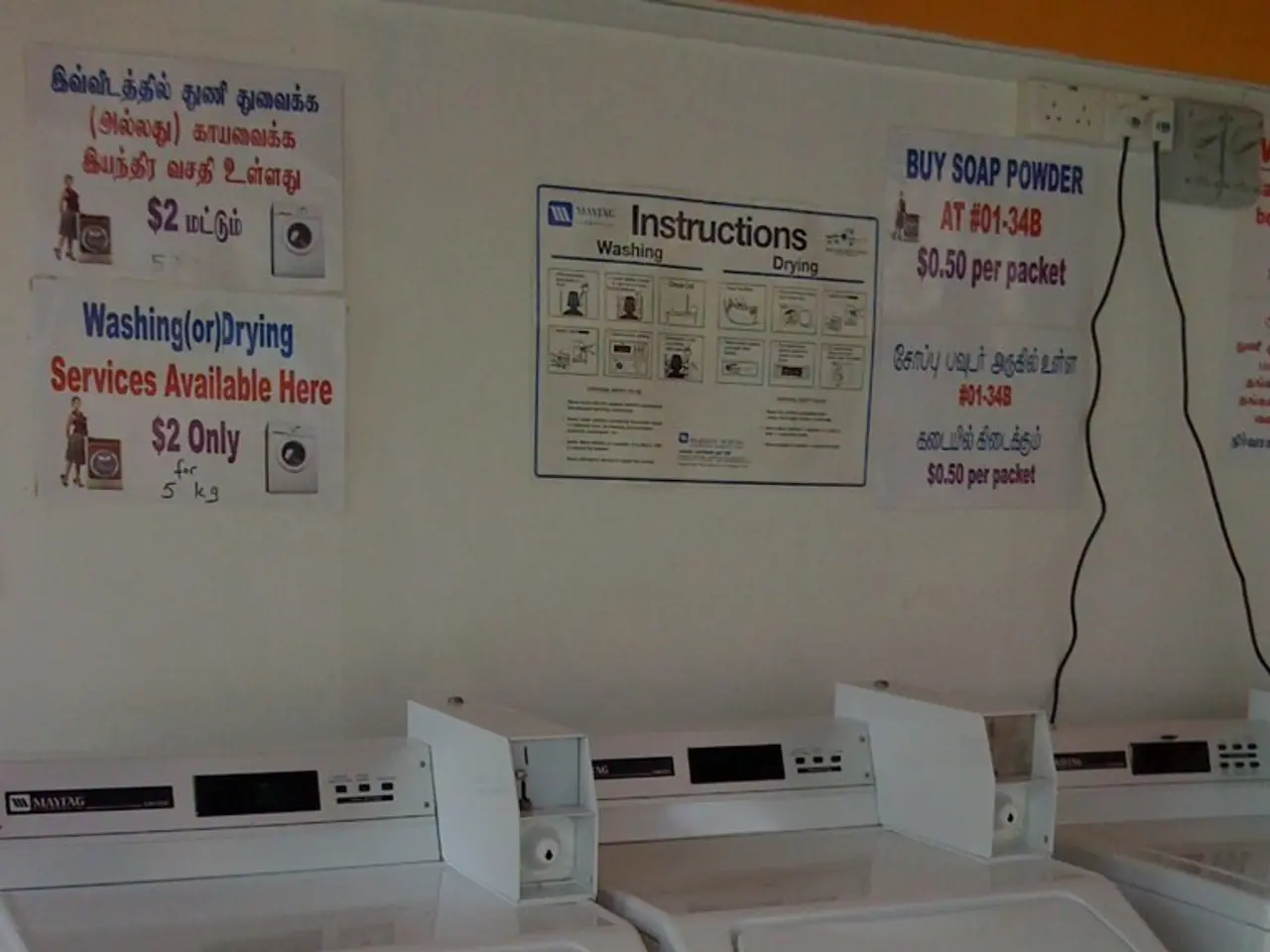Quantifying the effectiveness of an corporate event: A guide on various metrics for assessment
Corporate events, such as conferences, incentive trips, and product launches, play a crucial role in building relationships, boosting brand visibility, and motivating teams. To ensure these events are successful, it's essential to set clear, measurable goals and choose the right metrics to track their success.
The Importance of a DMC
With a Destination Management Company (DMC) at the helm, potential challenges or last-minute issues will be handled professionally and efficiently. A DMC handles every aspect of event planning, freeing your team to focus on content and strategy. Moreover, a skilled DMC can bring fresh, innovative ideas to the table, making your event stand out and ensuring it's memorable for all the right reasons.
Defining Success: Key Metrics to Track
Measuring event success goes beyond tracking attendance; it requires a clear understanding of goals and the right metrics. Key metrics to measure event success include attendee satisfaction, lead generation, sales revenue, social media engagement, and post-event surveys.
Attendee Satisfaction
One of the most critical measures of success is ROI, which includes non-monetary benefits like brand visibility, relationship building, and long-term impact on employee morale. To assess attendee satisfaction, businesses can collect feedback through post-event surveys, which reveal perceived value and areas for improvement.
Lead Generation
For events with a focus on business growth, the number of leads generated is a strong indicator of success, along with the conversion of those leads into actual business. Effective measurement requires coordination between marketing and sales teams, clear definitions of lead quality, and systems to track engagement beyond superficial metrics like badge scans.
Sales Revenue
Revenue metrics, such as sponsorship revenue, cost per lead, and overall event ROI, assess financial success. Companies should compare the total cost of organizing the event with the revenue generated from leads, partnerships, or increased employee productivity following the event.
Social Media Engagement
Social media presence is a powerful tool for understanding event success, especially for public-facing events. By monitoring the volume and sentiment of social media mentions during and after the event, businesses can gauge the impact of their event on their audience.
Event Engagement
Event engagement can be measured through various touchpoints, such as questions asked, use of event apps, or participation in breakout sessions. A well-organized event can strengthen employee loyalty, reinforce a brand’s reputation, build meaningful connections, improve creativity, and collaboration among teams.
In summary, measuring corporate event success depends on defining goals upfront, selecting relevant Key Performance Indicators (KPIs)—ranging from attendance-focused metrics to business outcomes—and using both quantitative data and qualitative feedback to evaluate effectiveness and guide future event strategy. With the right approach and the help of a trusted DMC, businesses can make their events a resounding success.
- To secure the success of product launches, corporate events, and event planning, it could be beneficial for businesses to collaborate with a Destination Management Company (DMC) to handle event complexities and bring innovative ideas to the table.
- For incentive programs and event design, successful outcomes can be ascertained based on key metrics such as attendee satisfaction, lead generation, sales revenue, social media engagement, and post-event surveys.
- In addition to financial indicators like sponsorship revenue and event ROI, the overall success of a corporate event can be measured by evaluating event engagement, which can inform employee loyalty, creativity, and team collaboration.




